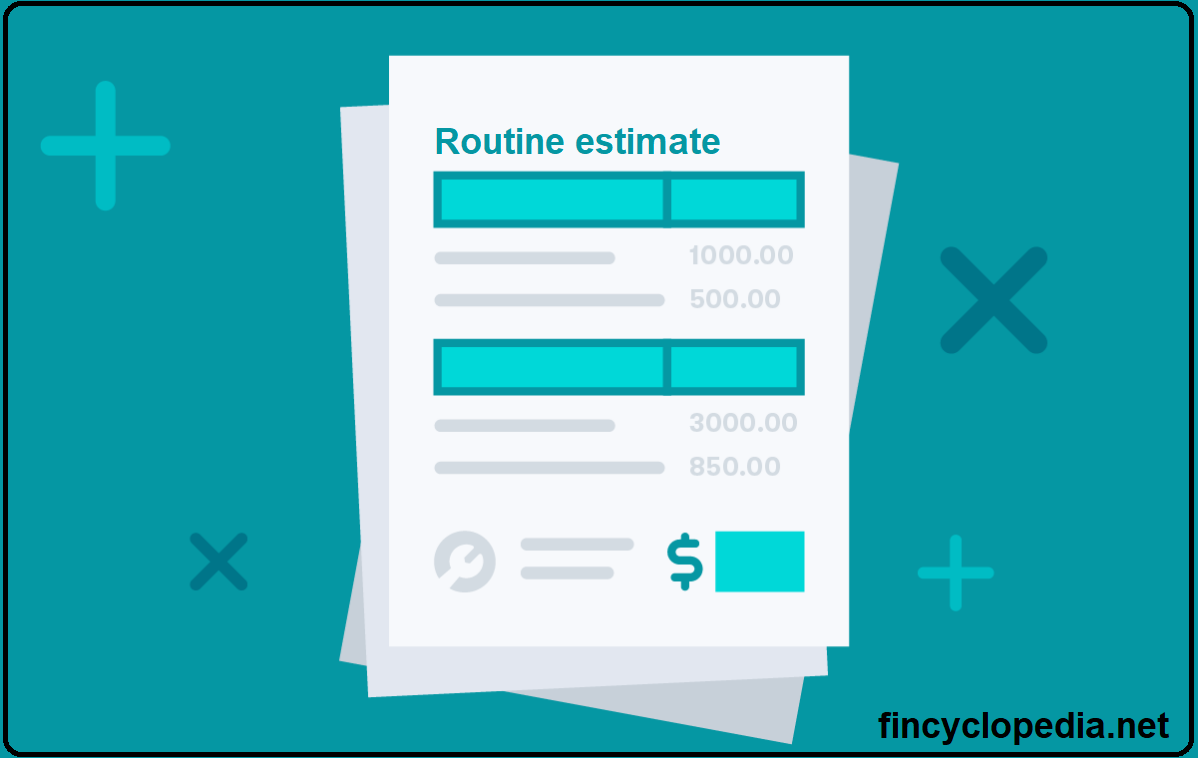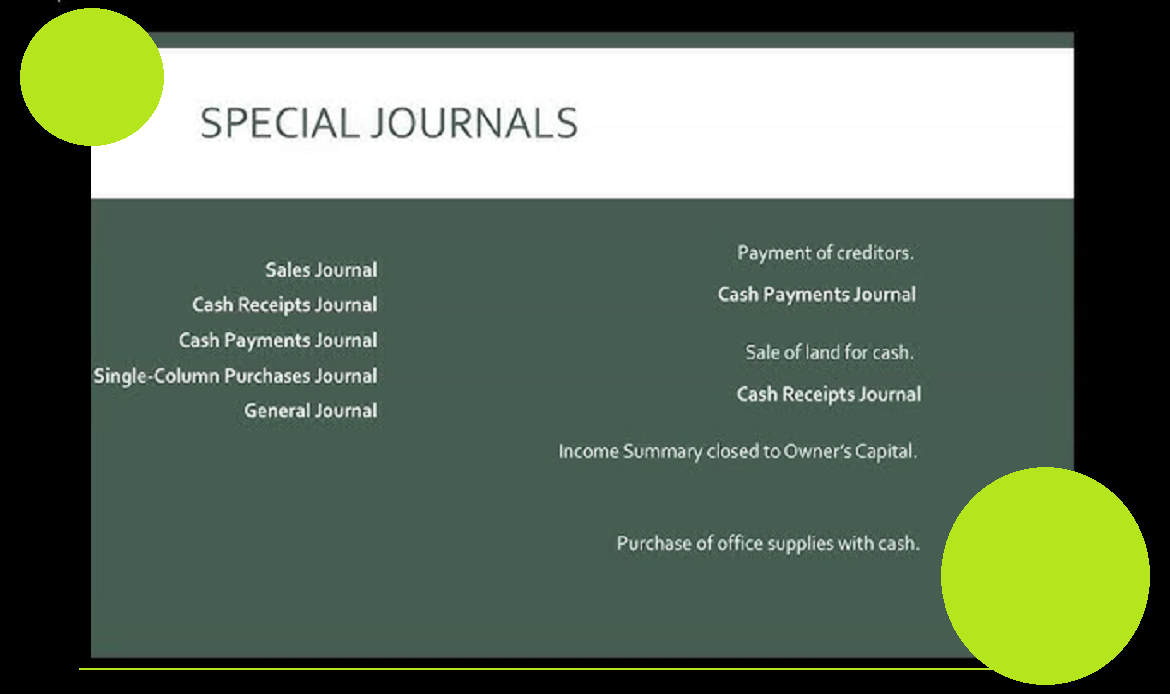The estimated amount that the owner of an asset would earn, in the present, from disposal of that asset, less the estimated costs of disposal. Calculation of residual amount is typically based on the assumption that the asset has reached the end of its useful life, and that it has remained in the condition expected at that time. For example, the residual value of a leased asset is the dollar amount the asset will be worth at the end of the lease term.
At a given point in time, residual amount may reflect the amount or value of an asset that has not been consumed. In this sense, residual value is an input in the calculation of depreciation, which is by definition, the systematic allocation of the cost of an asset less residual amount of an asset over its useful life.
This measure of value is also known as salvage value.




